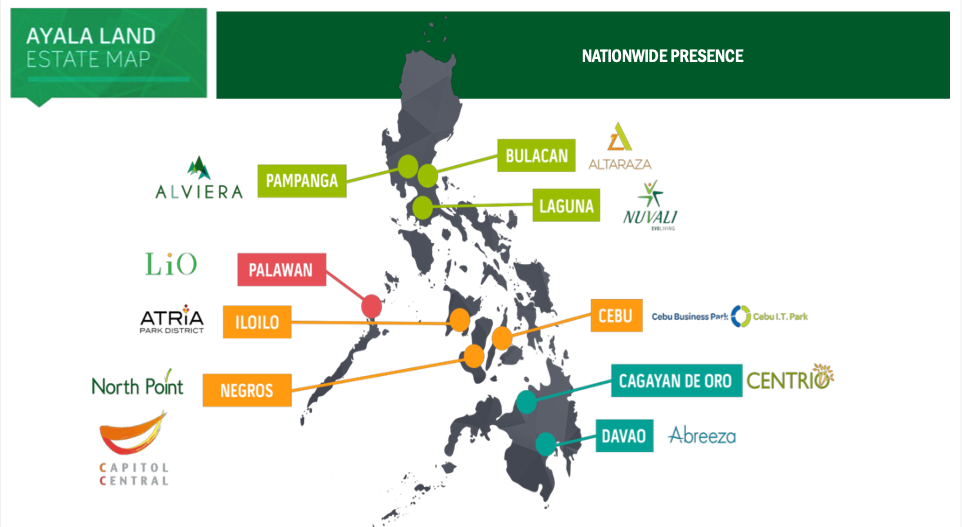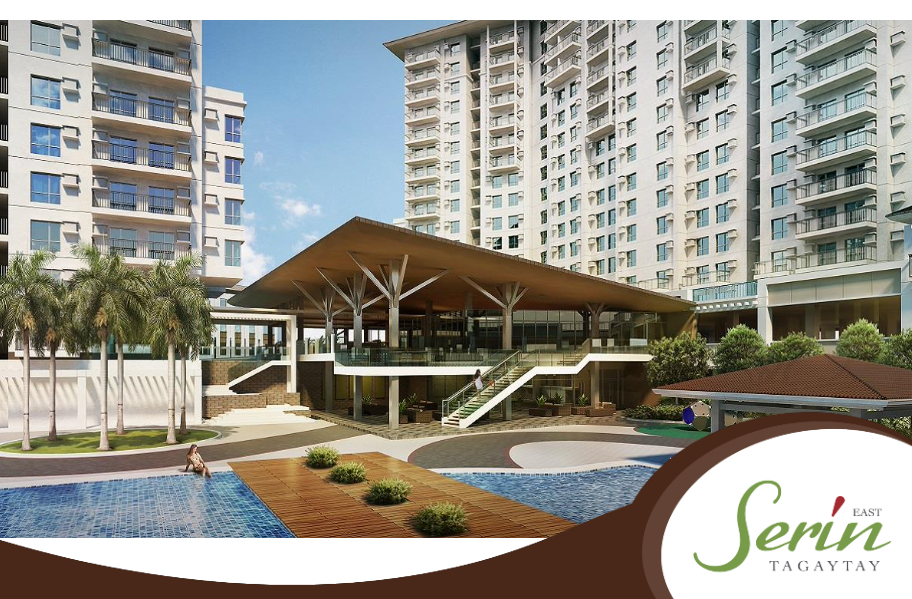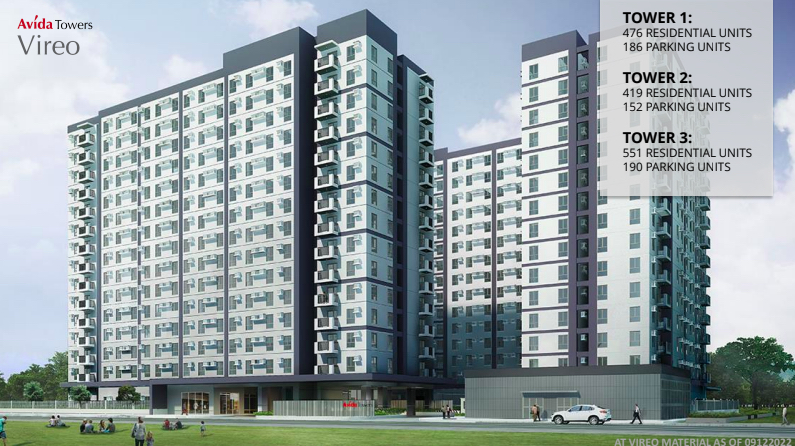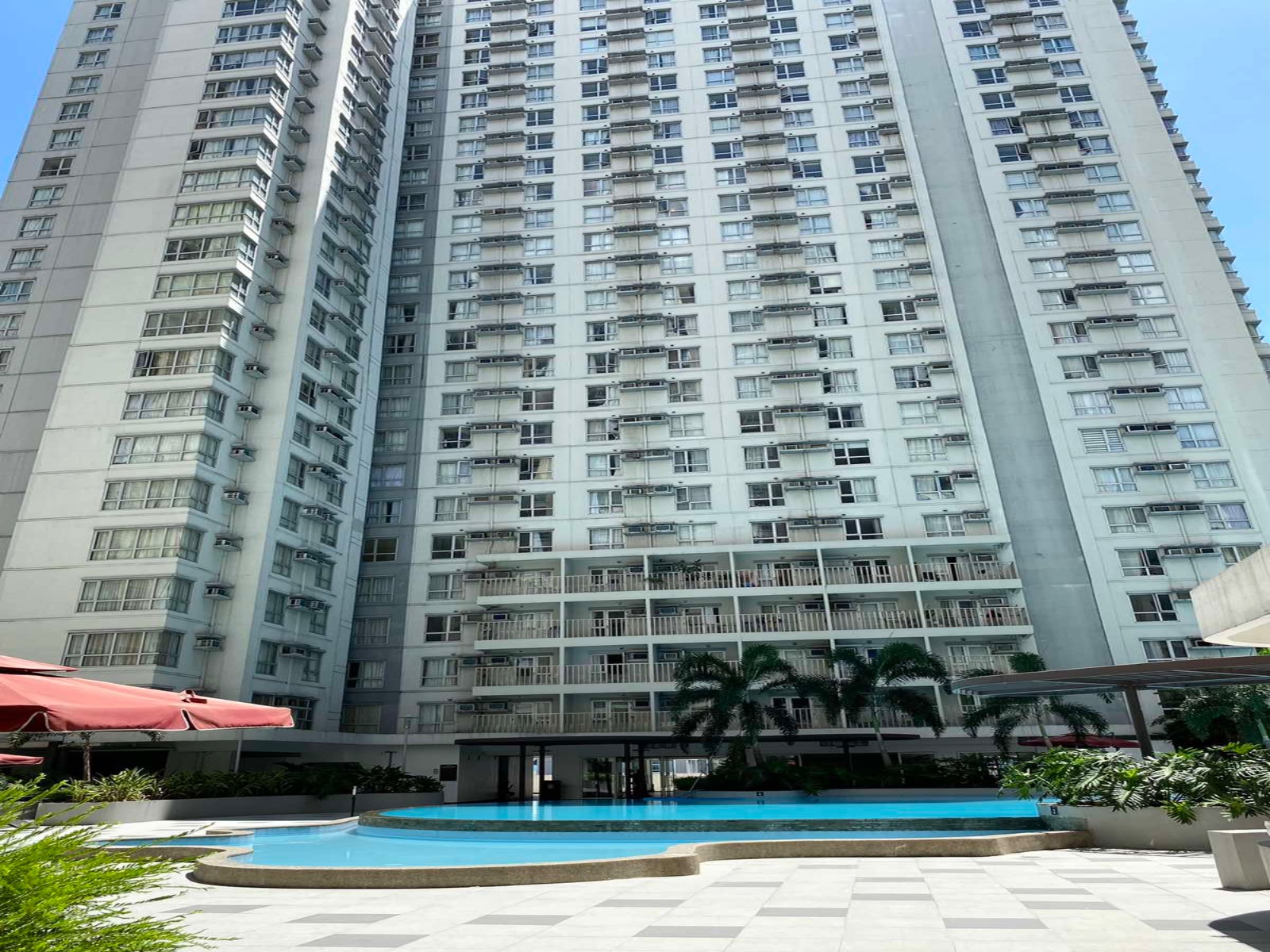The real estate rental market in the Philippines is thriving, driven by a burgeoning economy, a growing expatriate community, and an increasing number of young professionals and families seeking rental properties. Whether you’re a property owner looking to rent out your property or a tenant searching for a suitable home, understanding the rental services available in the Philippines is essential. This guide will provide an overview of the key aspects of real estate rental services in the country.
The Rental Market Landscape
The rental market in the Philippines is diverse, catering to various needs and budgets. It includes everything from luxury condominiums in major cities to more affordable apartments and houses in suburban and rural areas. Key cities with significant rental demand include Metro Manila, Cebu, and Davao.
Metro Manila: The capital region is the most active rental market, with areas like Makati, Bonifacio Global City (BGC), and Ortigas offering high-end rental properties. These areas attract expatriates, business executives, and young professionals.
Cebu: Known for its economic growth and vibrant culture, Cebu has a strong demand for rental properties, especially from tourists and expatriates working in the city.
Davao: This city is becoming increasingly popular due to its safety, lower cost of living, and growing business opportunities. It offers a range of rental options, from affordable apartments to luxury houses.








Types of Rental Properties
Condominiums: These are popular among expatriates and young professionals due to their amenities, security, and convenient locations.
Houses: Ideal for families, houses offer more space and privacy. They are available in various sizes and styles, from single-detached homes to townhouses.
Apartments: These are generally more affordable than condominiums and houses. They come in different sizes, from studio units to multi-bedroom apartments.
Rental Services for Property Owners
Property Management: Property management companies handle all aspects of renting out your property, including marketing, tenant screening, rent collection, maintenance, and repairs. This service is ideal for owners who do not have the time or expertise to manage their properties themselves.
Tenant Placement: This service involves finding and placing qualified tenants in your property. It includes marketing the property, conducting viewings, and screening potential tenants to ensure they meet your requirements.
Maintenance and Repairs: Many property management companies offer maintenance and repair services to keep your property in good condition. This can include routine inspections, emergency repairs, and regular maintenance tasks.
Rental Services for Tenants
Property Search Assistance: Real estate agents and property management companies can help you find rental properties that meet your needs and budget. They have access to extensive listings and can arrange viewings for you.
Lease Negotiation: Negotiating lease terms can be complex, especially for expatriates unfamiliar with local practices. Real estate agents can assist in negotiating favorable lease terms and conditions on your behalf.
Move-in Assistance: Some rental service providers offer move-in assistance, including coordinating with movers, setting up utilities, and ensuring that the property is ready for occupancy.
Legal Considerations
Understanding the legal aspects of renting property in the Philippines is crucial for both landlords and tenants. The key laws governing rentals include:
Rent Control Act: This law regulates the increase of rent for residential properties, providing protection for tenants against excessive rent hikes.
Contract of Lease: This legal document outlines the terms and conditions of the rental agreement, including the rent amount, duration, and responsibilities of both parties. It is essential to have a clear and comprehensive lease contract to avoid disputes.
Tenant Rights and Responsibilities: Tenants have the right to a habitable property and privacy, while landlords have the right to receive rent on time and maintain the property’s condition. Both parties have responsibilities that should be clearly outlined in the lease contract.
Tips for Landlords and Tenants
For Landlords:
- Screen Tenants Thoroughly: Conduct background checks and verify references to ensure you choose reliable tenants.
- Maintain Your Property: Regular maintenance can prevent larger issues and keep your property attractive to tenants.
- Clear Communication: Maintain open and clear communication with your tenants to address any issues promptly.
For Tenants:
- Inspect the Property: Before signing a lease, inspect the property thoroughly to ensure it meets your standards.
- Understand the Lease: Read and understand the lease terms before signing. Seek legal advice if necessary.
- Report Issues Promptly: Notify your landlord of any maintenance issues or repairs needed as soon as possible.
Conclusion
The real estate rental market in the Philippines offers a wealth of opportunities for both property owners and tenants. By understanding the services available and the legal framework governing rentals, you can navigate the market effectively and make informed decisions. Whether you’re looking to rent out your property or find a new home, leveraging professional rental services can help you achieve your goals with ease and confidence.
